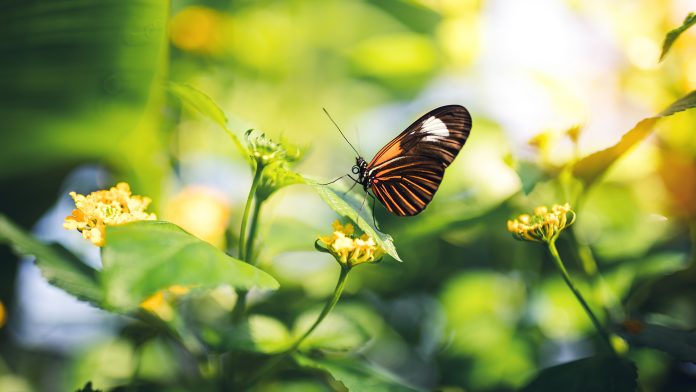In new research that reveals potential consequences of pesticide use in agriculture, a group of scientists have found that applied pesticide toxicity in agriculture has significantly increased in plants and insects.
The research conducted by scientists at the University of Koblenz-Landau, highlights that the applied pesticide toxicity in agriculture has substantially increased between 2004 and 2016. This increase also includes genetically modified (GM) crops that have been specifically developed to lessen the pesticide impact on the environment.
“We have taken a large body of pesticide use data from the US and have expressed changes of amounts applied in agriculture over time as changes in total applied pesticide toxicity,” explained lead author Ralf Schulz, professor for environmental sciences in Landau. “This provides a new view on the potential consequences that pesticide use in agriculture has on biodiversity and ecosystems.”
The quantity of insecticide used in US agriculture has decreased by over 40% between 1992 and 2016. As a result, fish, mammals, and birds experience lower applied toxicities than in the 1990s.
However, for aquatic invertebrates and pollinators this trend has been the opposite. Despite the decrease in insecticide, applied toxicity for these species groups has more than doubled between 2005 and 2015. A shift in the insecticides used towards usage of pyrethroid and neonicotinoid insecticides is responsible for this trend.
The applied toxicity has risen for herbicides as well, with terrestrial plants experiencing the greatest increase in applied toxicity. Ecologically, plants and pollinators are very connected. Therefore, simultaneously increasing applied toxicities in both plants and pollinators indicates potential strong negative effects on plant and insect biodiversity.
GM crops have been designed to lessen the dependency of agriculture on chemical pesticide use. However, this research shows that even in the US’s two most important GM crops – corn and soybean – the applied toxicity increases, along with increasing GM adoption, at the same rates as for conventional crops.
The researchers believe it is probable that results of the study are also applicable to many other regions dominated by modern agriculture techniques, but the data for a thorough evaluation of trends in applied toxicity are not publicly available.
Schulz added: “These results challenge the claims of decreasing environmental impact of chemical pesticides in both conventional and GM crops and call for action to reduce the pesticide toxicity applied in agriculture worldwide.”









